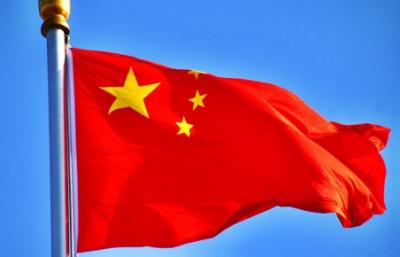

China's decision to build the biggest dam on Brahmaputra river sparks controversy
<p>
Concerns in India and Bangladesh are rising as China is moving ahead with its plan to build the biggest dam – a 60-gigawatt mega-dam — on the Brahmaputra river known as Yarlung Zangbao in Tibet even as China&rsquo;s foreign ministry spokesperson Hua Chunying said that Beijing will keep the communication channel open with the two countries.</p>
<p>
&ldquo;Now with the aim of achieving carbon neutrality by 2060, Beijing has redoubled its efforts on its hydropower projects in Tibet, even though the dams have drawn criticism from Tibetan rights groups and environmentalists,&rdquo; a report carried by Al Jazeera highlighted. The dam will help power China&rsquo;s green future, the news organisation quoted Yan Zhiyong, Power Construction Corp of China&rsquo;s chairman as saying.</p>
<p>
The proposed dam is 30 km from the Indian border. The new organisation quoted Tempa Gyaltsen Zamlha, head of environment and development at the Tibetan Policy Institute as saying&nbsp; that the Chinese Communist Party (CCP) would use this as a political tool.</p>
<p>
&ldquo;With the proposed mega-dam sited just 30 kilometres (18 miles) from the Indian border, Zamlha believes the CCP will &ldquo;definitely try to use it as a political tool,&rdquo; Al Jazeera quoted Zamlha as saying. Tibet is called the water tower of Asia as it is the several major rivers in South and Southeast Asia. There are concerns that China can use weaponize flow of water across borders to achieve regional geopolitical goals. Famous Asian rivers flowing out of Tibet also include the Indus and the Mekong–the lifelines of food and water in the region.</p>
<p>
Meanwhile the Bangladesh based Daily Asian Age carried an ANI report saying that &ldquo;the Yarlung Zangbao Dam plan is moving ahead without China discussing or entering into water-sharing agreements with downstream India or Bangladesh.</p>
<p>
China&#39;s unilateral decision without any consultations with other neighbouring countries has &ldquo;sparked controversy&rdquo;.</p>
<p>
According to the report, China could use this to control water flows and &ldquo;win concessions from downstream Southeast Asian states on other issues, including in regard to its Belt and Road Initiative.&rdquo;</p>
<p>
&nbsp;</p>
At a time when Operation Sindoor against Pakistan is still ongoing, India is looking to…
India and Namibia exchanged MoUs in the presence of Prime Minister Narendra Modi and the…
Anaemia remains one of South Asia's most persistent health and equity challenges, affecting nearly half…
Maria Zakharova, an official from Russia's foreign ministry, stated on Wednesday that Europe's security cannot…
Australia's High Commissioner to India, Philip Green, on Wednesday reflected on Australia's support for India's…
The Dalai Lama's recent affirmation that only his office holds the authority to identify his…